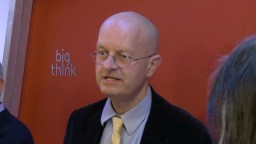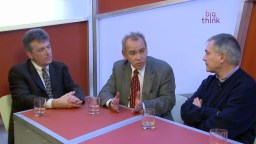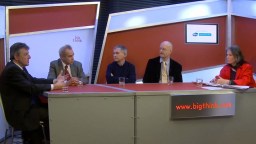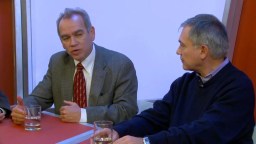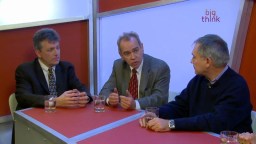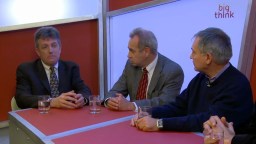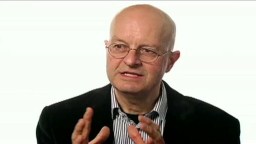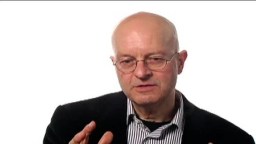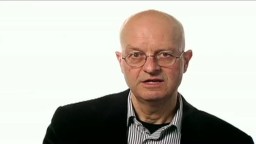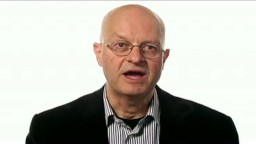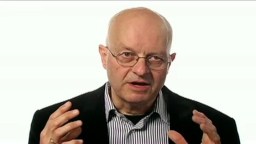Leonard Guarente
Professor of Biology, MIT
Dr. Leonard P. Guarente is an American biologist and director of MIT's Glenn Laboratory for the Science of Aging, where he is also a Novartis Professor of Biology. He is best known for his research on longevity and specifically for uncovering the gene in yeast that governs the organism's life span. He is the author of "Ageless Quest: One Scientist's Search for Genes That Prolong Youth," which was published in 2003 by Cold Spring Harbor Press.
Should everyone be given regular CT scans to look for the disease?
Epidemiological studies and public health awareness have drastically reduced the number of people who are struck down in their prime by deadly diseases.
Genetic testing is advancing rapidly, and we can now find out our risk factor for developing Alzheimer’s. But without a cure or treatment available, what’s the point?
▸
3 min
—
with
Studies have shown that you can boost brainpower and brain resilience with vitamins and exercise, and by not smoking. But lifestyle choices alone can’t prevent Alzheimer’s?
▸
7 min
—
with
Alzheimer’s starts in one area and spreads all over the brain, like an infection. Does this mean that it’s possible to develop a vaccine?
▸
6 min
—
with
Genes such as ApoE4 may signal a risk factor for Alzheimer’s. But how do we separate risk factor from an unalterable sentence for the disease?
▸
8 min
—
with
Amyloid plaques and neurofibrillary tangles inside the brain are the best explanation we have for how Alzheimer’s develops.
▸
5 min
—
with
Mental decline, on some level, is inseparable from aging. With more people living longer, does this mean everyone will eventually get Alzheimer’s?
▸
6 min
—
with
One of the most robust environmental risk factors identified for Alzheimer’s disease is traumatic brain injury. This is having repercussions for those returning from fighting in Iraq and Afghanistan.
▸
4 min
—
with
Amyloid buildup in the brain is a key trigger in Alzheimer’s disease, but some people with this plaque live their entire lives without developing the disease.
▸
7 min
—
with
Are women and African-Americans at a higher risk for Alzheimer’s—as some data suggests—or are there other factors in play?
▸
3 min
—
with
For much of the past 100 years, little was known about Alzheimer’s disease and dementia. But recent research is revealing the neurotransmitter and genetic defects behind the disease.
▸
5 min
—
with
The MIT biologist says peer-review journals can be tainted by conflicts of interest.
▸
2 min
—
with
The MIT biologist admires Galileo for inventing the scientific method.
▸
2 min
—
with
There are a variety of common, everyday habits and lifestyle tendencies that are scientifically proven to reduce lifespan-an MIT professor explains.
▸
2 min
—
with
There is no direct evidence yet that calorie-restricted diets retard human aging, but there are promising signs. However, if a 1,000-calorie diet makes you grumpy and lowers your sex drive, […]
▸
6 min
—
with
By studying how yeast ages, MIT’s Leonard Guarente uncovered the gene that also controls how other organisms, and perhaps humans, grow old.
▸
12 min
—
with
The MIT biologist rejects Aubrey de Gray’s claim that humans may soon be able to live forever, but thinks we might add 50 years to our lifespan.
▸
4 min
—
with
By studying how yeast ages, the MIT biologist obtained insights into the molecular basis of human aging, too.
▸
5 min
—
with
A conversation with the director of MIT’s Glenn Laboratory for the Science of Aging
▸
36 min
—
with


